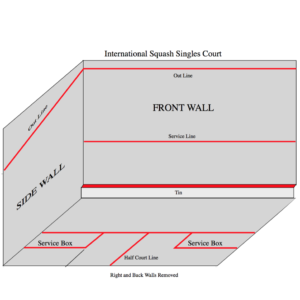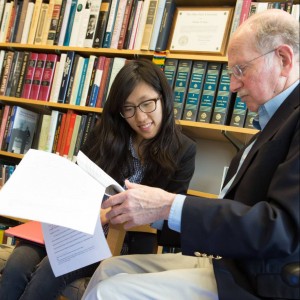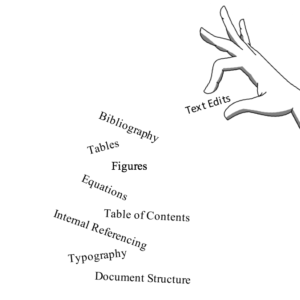This past July, Joe ‘Stringbean’ McConaughy set out to break the speed record for hiking the Appalachian Trail. Carrying a 25 pound backpack and eating 8,000 calories a day, Stringbean initially planned to average 50 miles per day and finish the 2,181-mile trek from Georgia to Maine in only 43 days. Twenty two days in and halfway to Maine, he felt confident that he was on track to break the record of 46 days. However, his pace slowed dramatically in the mountains of New Hampshire, and when day 43 came, Stringbean still had 151.5 miles to go and under 70 hours to beat the record.
As my third Fall semester comes to a close, I find myself in a place similar to McConaughy’s. I started working on my Junior Paper in September with a well-defined research path and have worked consistently for the past three months, meeting with my adviser every week. Yet, with a full draft of my JP due in only four days, I have fallen far behind my planned timetable.

There will be a time for reflecting back on why I fell behind my JP plans this semester and how to adjust my study habits and work strategies to get a better start in the Spring–but that time is not now. It is now day 43 and we have 70 hours and 151 miles left to go. If you have fallen behind in your independent work like me, now is the time for the final push. So here is my strategy for beating my JP draft deadline in four days: Continue reading Behind on Independent Work? Tips for the Final Push











